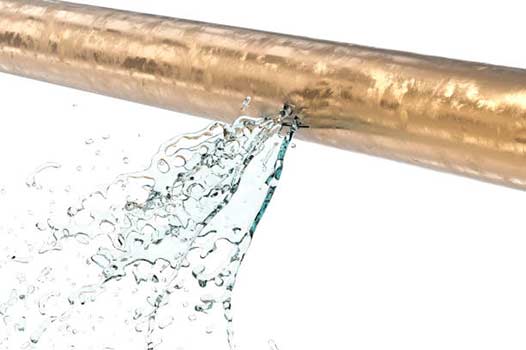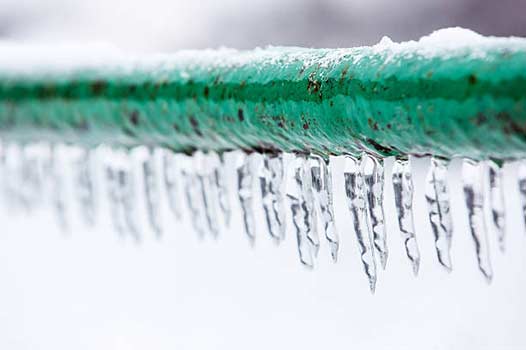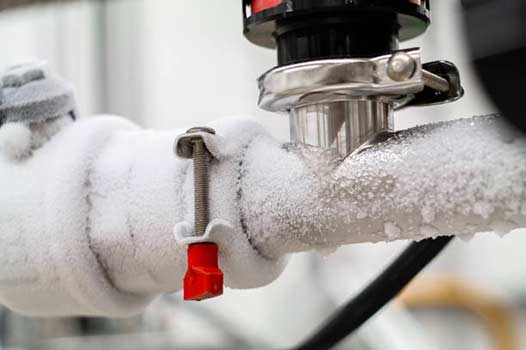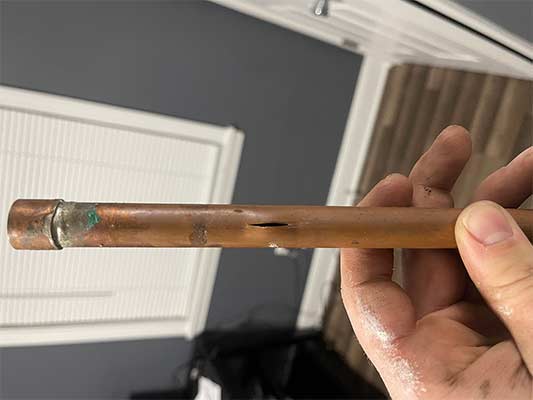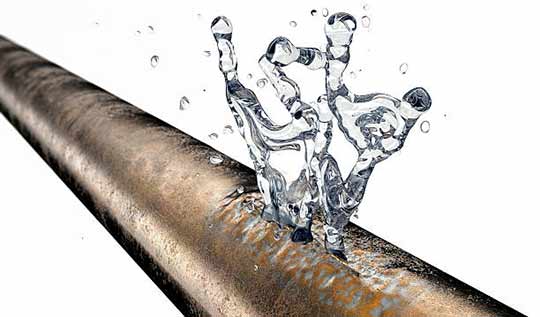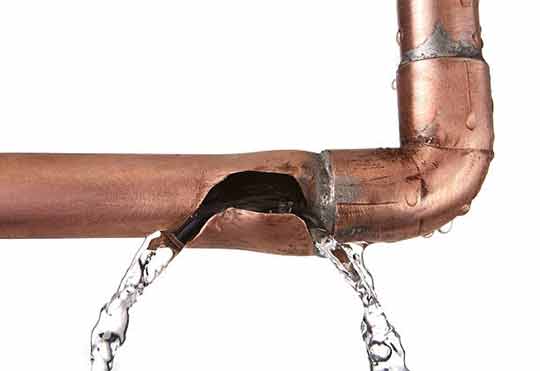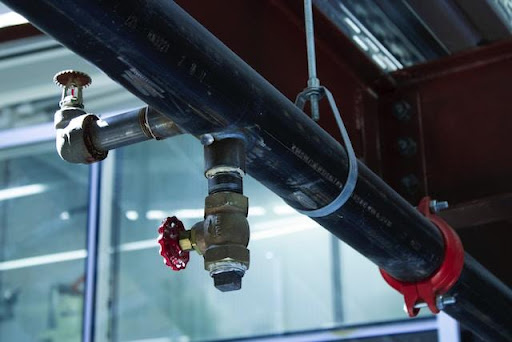Understanding Burst Pipe Repair Cost in Chicago
When it comes to burst pipe repair, every homeowner in Chicago wants to be well-informed about the costs involved. A burst pipe can lead to significant water damage, mold growth, and potential structural issues if not addressed promptly. In this article, we will discuss the important factors that determine the cost of burst pipe repair in Chicago, along with some tips to mitigate the expenses. Whether you are a new homeowner or have been living in Chicago for years, understanding these aspects can help you make informed decisions and ensure the longevity of your plumbing system.
The Impact of Burst Pipes
Before delving into the cost details, it’s crucial to understand the potential impact of burst pipes. A burst pipe can cause extensive damage to your property and belongings. The immediate effects can include flooding, waterlogged walls, and damaged flooring. If not addressed promptly, the excessive water can seep into the foundation, leading to structural issues and even compromising the integrity of your home.
Additionally, prolonged exposure to excess moisture can create the perfect breeding ground for mold and mildew. Mold growth not only damages your property further but also poses serious health risks, particularly for individuals with respiratory conditions.
Factors Affecting Burst Pipe Repair Cost in Chicago
The cost of burst pipe repair can vary depending on several factors. By understanding these factors, you can better assess the potential expenses and plan accordingly.
1. Location and Accessibility
The location of the burst pipe plays a significant role in determining the repair cost. Pipes located within the walls, ceilings, or underground are typically more challenging to access and repair. In such cases, professionals may need to open up walls or perform excavation, which can drive up the cost of repairs.
2. Pipe Material
The material of the burst pipe affects the repair cost as well. Different pipe materials have varying costs, and some may require specialized tools or techniques for repair. Common pipe materials in Chicago include copper, galvanized steel, PVC, and PEX. Copper and PEX pipes are generally more expensive to repair compared to PVC or galvanized steel.
3. Extent of Damage
The severity of the damage caused by the burst pipe also influences the cost of repair. If the burst pipe leads to minor leaks or localized damage, the repair expenses may be relatively lower. However, if the burst pipe causes extensive flooding or widespread damage, the repair costs can increase significantly.
4. Time of Repair
The timing of the repair can impact the overall costs as well. Emergency repairs during weekends, holidays, or outside of regular business hours may attract higher service charges. It is advisable to address burst pipe issues as soon as possible to minimize both the damage and repair expenses.
5. Plumbing Professional
The choice of the plumbing professional or contractor can affect the repair cost. Different professionals may have varying rates and pricing structures. It is important to research and choose a reliable and experienced plumber who can efficiently handle burst pipe repairs at a reasonable cost.
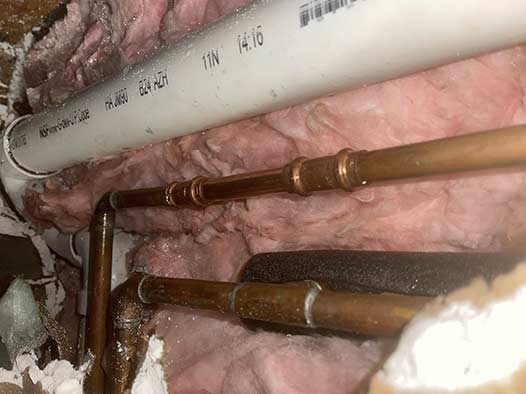
It is important to research and choose a reliable and experienced plumber who can efficiently handle burst pipe repairs at a reasonable cost.
Minimizing Burst Pipe Repair Costs
While burst pipe repair costs can be significant, there are steps you can take to minimize the expenses:
1. Regular Maintenance
Investing in regular maintenance and inspections can help identify potential issues before they escalate into burst pipes. Routine checks allow professionals to detect and address any signs of wear and tear, corrosion, or weak points in your plumbing system.
2. Insulate Pipes
Insulating pipes can help protect them from freezing during Chicago’s frigid winters. When pipes freeze, the expanding ice can cause them to burst. By insulating exposed pipes, you can reduce the risk of burst pipes and subsequent repair costs.
3. Act Promptly
If you notice any signs of a potential burst pipe, such as damp walls, reduced water pressure, or unexplained spikes in your water bill, address the issue promptly. Ignoring early warning signs can lead to more extensive damage and higher repair costs.
4. Compare Quotes
Obtaining multiple quotes from reputable plumbing professionals can help you compare costs and make an informed decision. However, it is essential to prioritize expertise and quality of service over the lowest price alone. Opting for cheap, low-quality repairs can result in recurring issues and further expenses in the long run.
5. Review Insurance Coverage
Check your homeowner’s insurance policy to understand the coverage for burst pipe repairs. Depending on your policy, certain repair costs may be covered, reducing your out-of-pocket expenses. Reviewing your insurance coverage and understanding the terms can help you navigate the financial aspect of burst pipe repairs.
In Conclusion
When it comes to burst pipe repair prices in Chicago, being well-informed about the factors and potential expenses can help you make better decisions and minimize any financial surprises. Understanding the impact of burst pipes, considering factors such as location, pipe material, and damage extent, and taking preventive measures can go a long way in reducing repair costs. Remember to choose a reliable plumbing professional who offers quality service at a reasonable price. By following these tips and staying proactive, you can safeguard your home and ensure a prompt and efficient resolution in case of any burst pipe emergencies.
